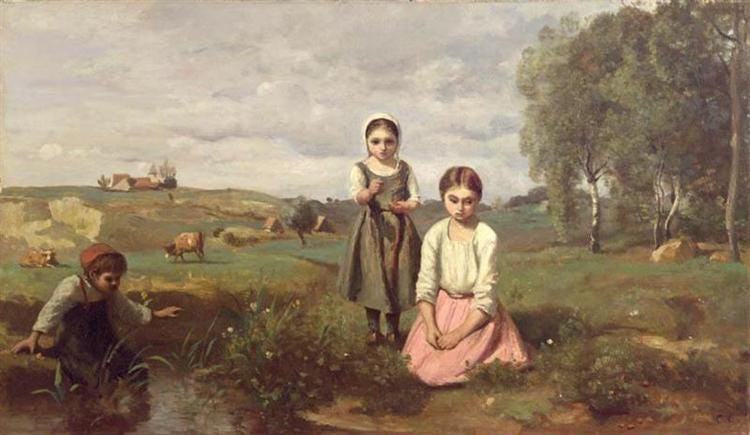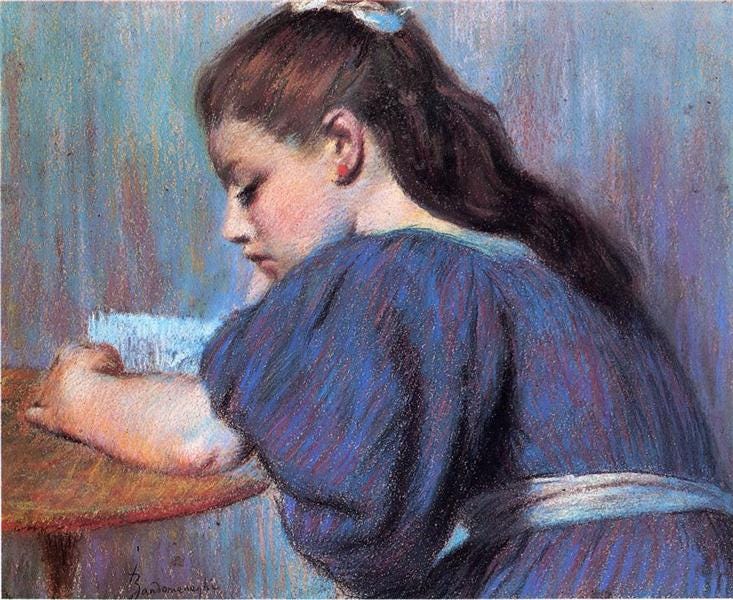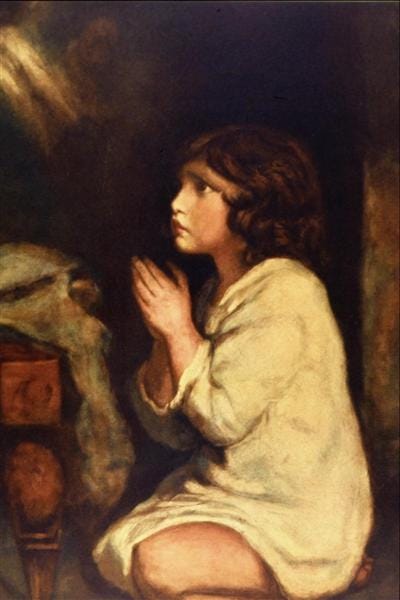‘To bring children up with some moral success we have to bring up matters of conscience, of ethical concern, again and again.’ Robert Coles, The Moral Intelligence of Children
The child is a moral witness
One of my favourite writers about children’s lives is Robert Coles, an American author of many books about children, a child psychiatrist and professor emeritus at Harvard University. Coles has spent hundreds of hours working with, listening to and speaking with children and families across America, including those that appear in his five-volume Pulitzer Prize-winning series Children of Crisis, an account of how children learn and develop in settings as diverse as the Appalachian mountains and the poor communities of Latino and Native American families in the American West.
His interests are diverse, but in his many studies of children’s lives, he always returns to some basic questions such as ‘how do children come to care?’ and ‘how, really, do children develop moral intelligence, the ability to relate to others with empathy and compassion?’ Like myself, he is interested in the development of the moral imagination, in the question of character and in how stories influence both children and adults as we grow and mature. In his study The Moral Intelligence of Children, he makes this observation about children:
‘We grow morally as a consequence of learning how to be with others, how to behave in this world, a learning prompted by taking to heart what we have seen and heard. The child is a witness; the child is an ever-attentive witness of grown-up morality - or lack thereof.’
Character, he suggests, develops in children as they ‘absorb and take stock of what they observe’ in the adults around them going about their daily lives often without realising that they are unwittingly imparting moral lessons that children will imitate or file away for later recall.
Children learn by imitation
The children who surround us today, whether on the streets of our towns, in the classrooms of our schools or in our homes and kitchens are in many respects a mirror for what as a society we now value and consider of importance. In his study of the The Moral Life of Children, Coles also remarks that a child’s mind ‘is a window not only to a family’s psychology and psychopathology, but to our world at large.’ What we see today in the life of childhood reflects our own preoccupations and own our actions and for parents, this is an important insight.
Children learn primarily by imitation, especially when very young and so will also learn morally this way by imitating the behaviour of others. If it is regularly selfish and cruel, children will in all likelihood - although this is not inevitable - learn to copy such behaviour. If it is kind and generous, children are more likely to reflect this in their everyday outlook.
To raise children who care about others and the world around them is a great challenge today and requires daily effort and attention so that children do not seek elsewhere for models of living to imitate without any real understanding of what is being held up for imitation. Without this daily nurture, one that is consistently mediated by love, children’s sense of belonging and uniqueness is easily eroded only to be replaced by a certain hardness of heart in which the good seed of virtue is more difficult to sow.
All parents must ask themselves, at some point, if we could look into the heart of childhood, into our own children’s lives as in a mirror, what would we find there? In many respects, our age has rejected the transcendent and our society largely lives as if God does not exist and so when we look at today’s children, we sometimes see this reflected in countenances of sorrow and grief and in hearts that have become a wilderness of barren weeds and stagnant pools. Although this is the mirror into which I have often looked when looking into the faces of children today, it is possible to see the strange beauty and loveliness of children’s faces in another light; in the light of Christ himself who died for every child that comes into the world.
Ordo amoris and the garden of the soul
Saint Thomas More, Lord Chancellor of England under Henry VIII who gave up his life in order to remain ‘the King’s good servant, but God’s first’ on 6th July 1535, was also a great educator who understood from antiquity that to root out unpleasant and selfish dispositions in childhood requires not just painstaking care but love and sacrifice over many years to be successful. A great friend to his children throughout their lives, More made the cultivation of right affections an important goal of parenting and education; affections rightly ordered, suggested More, leave us better prepared in the face of temptation to choose what is good over what, despite everything, we know to be evil. Cultivating the ‘garden of the soul’ was one of Saint Thomas More’s most treasured metaphors for the education of virtue and the life of childhood. True virtue, More believed,
‘is essentially a freely chosen and fervently cultivated love for the highest and most enduring goods, not for the passing pleasures that are often mistaken for them.’ (Gerard B. Wegemer, Thomas More: A Portrait of Courage)
Like Saint Augustine, who for C. S. Lewis is the doctor of both grace and virtue, More had learned the lesson that so often seems absent to today’s ironically named ‘child-centred’ culture. Without training the affections, our passions can easily dominate the practical judgement leading us to respond to evil with inordinate desire and blindness. As C S. Lewis himself puts it in The Abolition of Man,
‘St Augustine defines virtue as ordo amoris, the ordinate condition of the affections in which every object is accorded the kind and degree of love which is appropriate to it…When the age for reflective thought comes…[the child] must be trained to feel pleasure, liking, disgust, and hatred at those things which really are pleasant, likeable, disgusting and hateful.’
Lewis calls this the ‘doctrine of objective value, the belief that certain attitudes are really true, and others really false, to the kind of thing the universe is and the kind of things we are’. The cultivation of the moral imagination through stories can help us in this process as parents (something I will discuss in future posts), as can prayer that leads to hope. It is prayer that purifies our hearts, say Pope Benedict XVI, making them more open to God and to others, making them free to desire that which is truly good:
‘When we pray properly we undergo a process of inner purification which opens us up to God and thus to our fellow man as well…We become capable of great hope, and thus we become ministers of hope for others.’ (See Salvi, 33-34)
Forming a child’s heart in love
It is this hope that is nurtured by constancy in family prayer, by patient perseverance in attendance at Mass and in small acts of kindness and forgiveness towards our spouse and towards our children. It is this hope by which we place our trust in Christ’s promises and rely not on our own strength ‘but on the help of the grace of the Holy Spirit’ as the Catechism puts it (CCC 1817). In the mirror of childhood, the absence of hope is created by an absence of trust in what upholds the world without our own effort. This has become so prevalent today that when we look with honesty into the mirror of many children’s lives, we see only a reflection there of our own preoccupations with worldliness and selfish desire.
However, the conscience must be formed and in every child, there is a heart awaiting Christ whose voice can be heard ‘ever calling him to love and to do what is right and to avoid evil’ (CCC 1776). As Robert Coles suggests, children’s lives are a ‘witness’ to this formation, as well as its subject. Their affections often run deep and are searching for attachment, attachment to that which is trustworthy and gracious and to that which enables them to walk the path of life with confidence and faith.
Let us not lose the opportunities that come to us every day to form in our children a heart that, as Pope Francis taught us, ‘has the power to resist evil’, that is like Our Lady’s ‘who saw things with the heart’ and that becomes ‘the dwelling-place of love’:
‘If love reigns in our heart, we become, in a complete and luminous way, the persons we are meant to be, for every human being is created above all else for love.’ (Dilexit Nos, 13ff)








